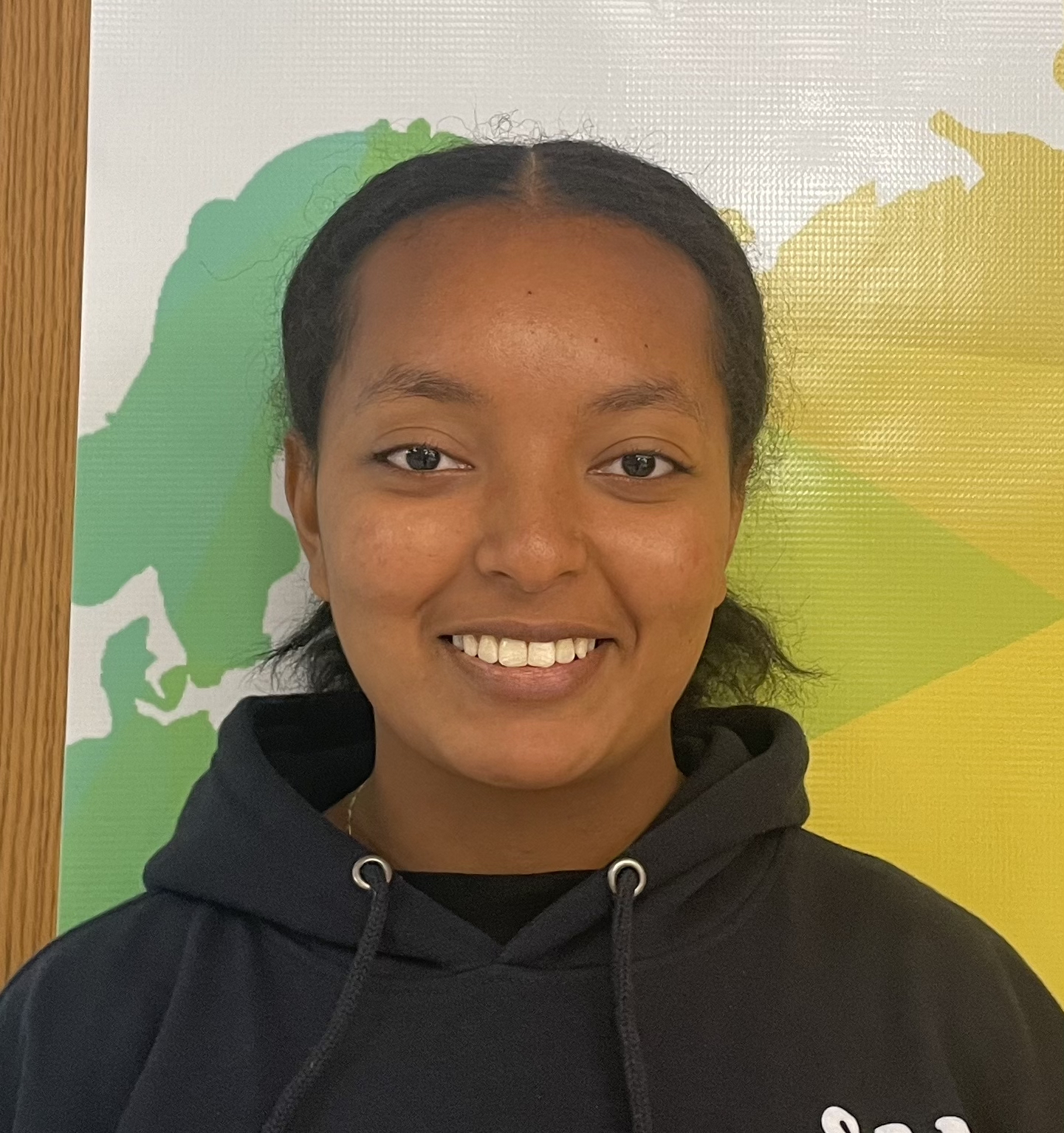
How do you define whether a country is thriving? The most common metric used is Gross Domestic Product (GDP), which measures a country’s standard of living based on economic wealth. But is that fair? Looking only at its GDP, Ethiopia is labeled as a country with high poverty rates, political instability, and high mortality rates. People often define “developing” countries by their poorness, but it’s time to move past that way of thinking.
I was born in Ethiopia and moved to the U.S. in 2015. Since living in the U.S. for nine years, I’ve gone back to spend time with my family. The summer of my freshman year, I went to Ethiopia for my cousin’s wedding. On the drive to the wedding, I was mesmerized by how fast paced and vibrant life was. Lights shining in the buildings, bustling businesses everywhere and hard-working people. It didn’t feel like a country filled with poverty, political instability and high mortality rates. It was clear to me that Ethiopia should be known for more than that.
Ethiopia is rich in its cultural heritage and its historical importance. In 1896, Ethiopia successfully defeated Italy, became a symbol of hope and empowerment for other African nations struggling against colonial power. This inspired other African countries to stand against colonialism. Ethiopia is home to ancient civilizations and has diverse landscapes and mountains. Also, the next time you get some coffee, remember that the some of the best coffee is exported straight from Ethiopia, such as the yirgacheffe bean, which is known for its light and floral taste.
Labeling Ethiopia as one of the least developed countries harms its reputation and makes other countries view similar countries negatively based on their GDP. But, we can change that perception. The next time you hear about a country that is considered less developed, remember that it shouldn’t be defined by just its economic wealth, but it also has important culture and history.
This story was produced at ThreeSixty’s Op-Ed Workshop in fall 2023. Ayida worked with retired writer Don Checots and Sahan Journal audience growth manager Samantha HoangLong, 2017 ThreeSixty Journalism Scholar and ThreeSixty Leadership council member, to finish her story. Click here to read more stories from the workshop.
